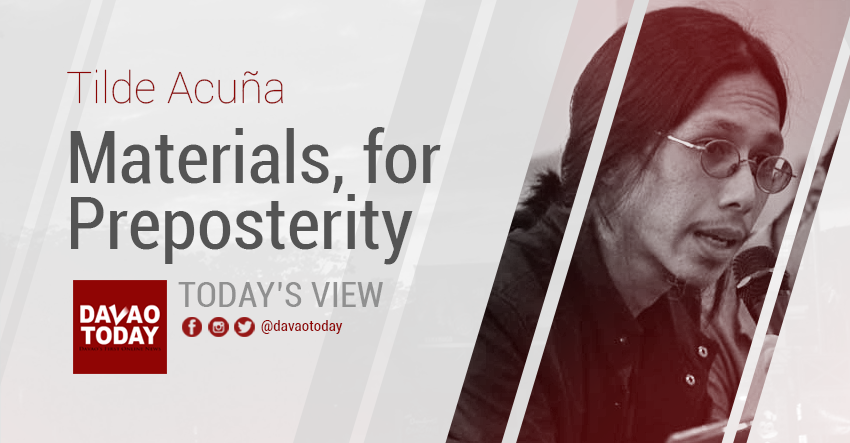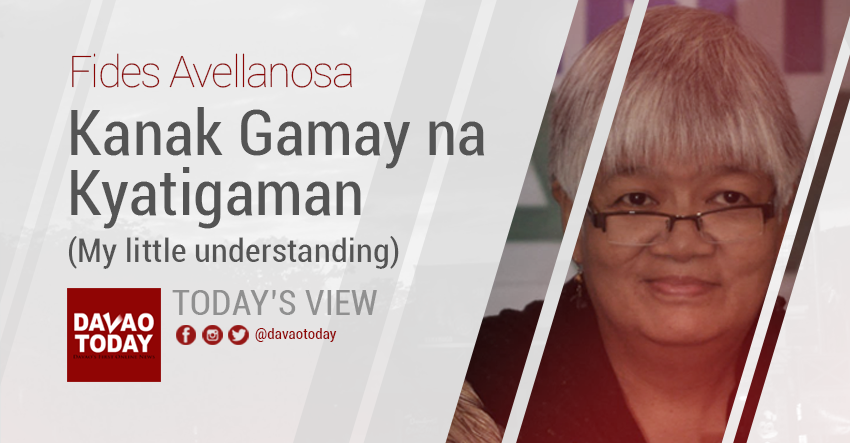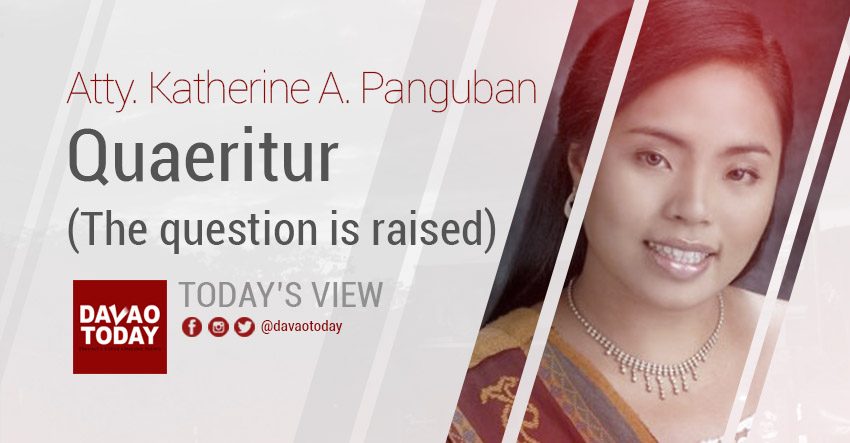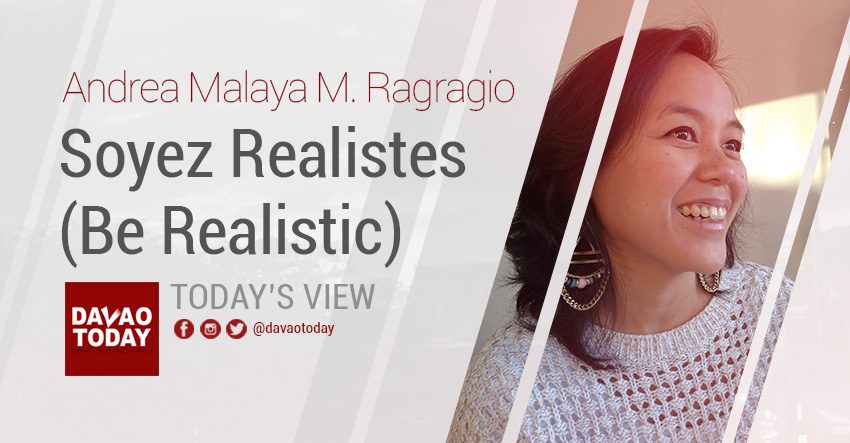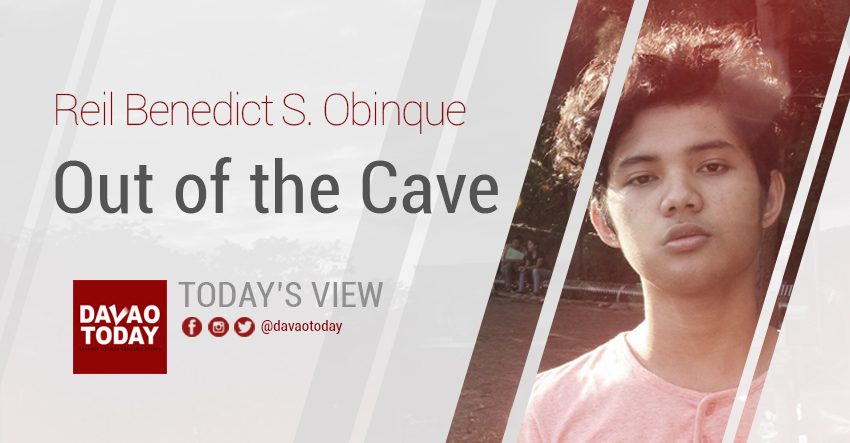It has only been weeks yet it has already been weeks is how relative and subjective time was, is, and might be, due to uncertainties brought upon by the virus and the government’s public health response, or lack thereof. Every day seems like a slightly modified déjà vu, as nothing substantial seems to happen, yet there are ups and downs of heightening anxieties and grueling boredom
The message is clear: if one is critical of the administration whose shallow interpretation of democratic rights clearly show in their knee-jerk response to what they consider as “seditious”, one easily gets the ax.
The Corona Virus Disease 19 (Covid 19) can be considered as a litmus test for all of us. We witnessed how governments respond to such pandemic, and we as humans treat each other.
When I was in my elementary school days, I remember being asked about what are the basic needs of man. I recall being required to look for photos to be pasted on my notebook of these so-called “man’s basic needs.”
Before Women’s Month ends, I’d like to take up an important development in the struggle for the rights and welfare of women and girls in the Philippines. Early in March, Sen. Risa Hontiveros had filed Senate Bill 162, or a bill seeking to end child marriages.
I hope this essay will be taken as an appeal and not an attack by academics of a certain stature who tend to be uncritical and unscientific—attitudes uncalled for at all times, and more so, amid this pandemic. Elsewhere, I listed some contagious (viral?) ruling class ideas that feed on each other and endanger welfares and lives of the general population. Let’s focus on two prevalent ones among the supposed “thinking” class: “we’re the virus” variations (WTVs) and toxic positivity variants (T+Vs), both of which obscure the critical situation that we ought to overcome together.
We are hearing the ordinary daily wage earners and their difficulty in meeting the basic need for food on the table. And endlessly, we pray for sobriety, because there is no guarantee that people will still listen to controlling agencies if the government persist of playing deaf and dumb. I don’t have the answer, but God knows. And people know their limits, too.
The situation we are in is unmatched by anything in living memory. There is a lot of uncertainty and fear. And as the physical spaces we move around in become more limited, many of us have turned to cyberspace to ask questions, to seek solace, and to let out frustration and anger.
In this country, even before the COVID-19 pandemic, education has always been a class problem. We have seen how our educational system further intensifies the gap between the poor and the well-offs by making schools physically inaccessible and economically expensive. Online classes as a response to the pandemic underscores this economic divide.
Though the use of the double entendre “2020 vision” has been a dime a dozen in the first quarter of the year, please allow a reiteration of how blurry and bleak the future is at this point; hence this attempt at a “re-vision” (perhaps an exhausted turn of the phrase, but who isn’t exhausted these days?).

